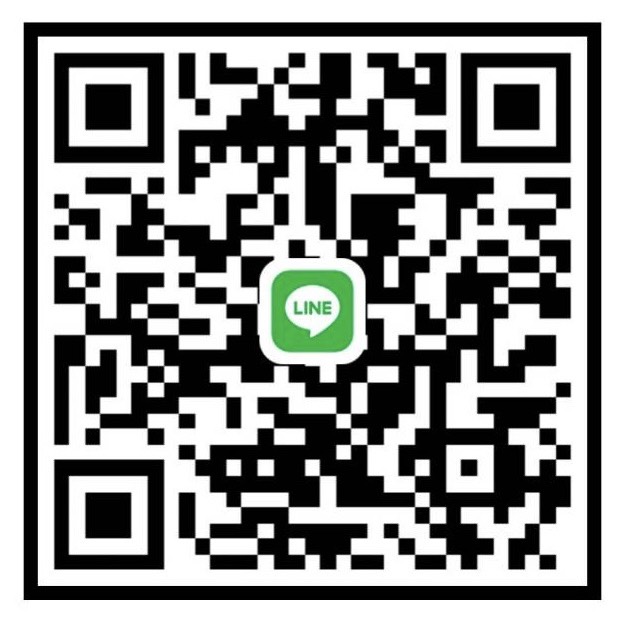Work Permit

Obtaining Proper Documents
Tourists are not allowed to work in Thailand. If they want to, they need to have their visa changed into a Non-Immigrant B Visa. This visa is typically the one issued to foreigners so they could engage in business or employment purposes inside Thailand. It comes on 90-day single entry, or on 1-year multiple entry. They could apply for this visa in the Thai embassy/consulate in their country of origin, or if it should happen that they are in Thailand already, they can apply for the visa in the immigration department.
Prohibited Types of Work
The Thai government categorized jobs to determine which are ok and which are not for foreigners who wanted to work inside the country. They worry that foreigners will grab the jobs away from the locals, and so they deemed some jobs as exclusive for the Thai people only.
However, all the businesses outside these categories are exempted from prohibition. Listed below are the prohibited work categories for a foreigner to engage into:
Category A:
- Agriculture: rice farming, salt farming;
- Service Business: accounting, farming animals, architecture, hair dressing, barber & beautician industry, advertising, brokerage & auctioning, building industry;
- Commercial Business: land trade, internal trade in local agricultural products
Category B:
- Agriculture Business: silkworm raising, husbandry, timber & fishing, floral and cultivation;
- Industrial & Handicraft: Rice milling, flour, sugar, alcohol & non-alcoholic drinks, ice cream, pharmaceuticals, wood carving, manufacturing of garments, shoes, furniture, jewelry, printing and newspaper publishing, silk industry;
- Commercial: all retailing industries not mention in category c, selling of foods, drinks, antiques & fine arts;
- Service Industry: Hotel, tour agency, photography, laundry service & dress making;
- Utility Services: water, electricity, land and transportation
Category C:
- Anything not in A or B
On the other hand, foreigners are allowed to engage in export, wholesale trading not mentioned in category A and B, retailing of machinery, equipment, tools, manufacturing of animal feeds, textiles, glass wares and ceramics. Selling commodities that promote Thai tourism is also allowable. When applying for a work permit, make it sure that the job description you are putting up is not considered prohibited, else you won’t get to see your work permit anytime soon.
Obligations of a Foreign Employee
The checklist for the foreign worker does not end on the prohibited types of work. In fact, it only begins upon obtaining the work permit. The Work Permit is a thin booklet purposely made to be carried by its owner. The foreigner should keep the booklet with him at all times, especially at work. He/she should perform the work as stated in the work permit, and in no circumstances he/she should perform other functions besides the one declared on the document.
In the event of changing address, he/she must apply for revisions. If the work permit is lost or damaged, he/she must report it to the labor department immediately. The document would be replaced by a new one. Most of all, upon resignation of work, the document should be returned to the labor department within 7 days.
It is very important to note that failure to act on any of the regulations mentioned above is punishable by fines, or worst, detention and imprisonment. Thai authorities are very strict when it comes to violations and the law in general. Trust me, you don’t want to be on the receiving end. After all, nobody has been at loss by just following simple guidelines & regulations in a country where the west meets the east.
Obtaining a Non-immigrant Visa
If you want to work in Thailand, you need a work permit. However, before you can apply or be issued a work permit, you must have a non-immigrant visa. This is required to apply for a work permit. Ideally, it should be acquired prior to your arrival in Thailand. We can assist you in obtaining it in your home country or in a nearby country near Thailand. In addition, we can help you convert a tourist visa to a non-immigrant visa inside Thailand, but it can take up to 1 or 3 months for this conversion process.
Requirements for getting a non-immigrant visa outside the country:
- The applicant has been offered a job or starts a Thai company to employ himself/herself
- The company requests that the applicant be given a non-immigrant visa, so the company may apply for a work permit for him/her
- The company knows the person to be dependable, upstanding, and law-abiding and that they will respect the laws and customs of the Kingdom of Thailand.
- You should apply for this visa within 30 days before you plan to depart your country. The Consulate or consular officer will ask for copies of the registration documents and financial statements from the company
Obtaining a Work Permit
Employee provided documents:
- Passport – copies of every page. Each copy must be signed by the employee.
- Non-Immigrant Visa
- Departure Card TM.6
- Education degree (signed copy) *
- Transcript (signed copy) *
- Certificates or licenses held by applicant (signed copy) *
- CV or Resume – describe in detail the applicant’s past positions, duties, performance, length and place of employment.
- Photos, three (3) in quantity which are 5 x 6 centimeters in size (not passport photos) with full face and taken wearing business attire (no hat and some jurisdictions require suit and tie). Must have been taken within six (6) months.
- Marriage Certificate (if married to Thai National). This includes the original and signed photocopies. Also include wife’s Thai ID card, birth certificates of children, and household registration.
* Thai government officials may require these documents to be certified by your country’s embassy (this requires bringing your degree, resume, license, or certificate to your embassy to declare it is a true and original document. You are required to pay an authentication fee to your embassy. In addition, they can require you to translate these documents into the Thai language from your foreign language.
Employer provided documents:
- Commercial Registration Department Certificate showing that the organization for which the applicant is going to work has been duly registered as a juristic person, giving the name of the Managing Director and/or Director, and its objections and registered capital.*
- Shareholders List certified by the Commercial Registration Department.*
- Factory License (if required) issued by Factory Department, Ministry of Industry.*
- VAT Certificate – Phor Phor 20*
- Withholding Tax – Phor Ngor Dor 1 (if renewing work permit)*
* Thai government officials require that all documents must have the seal of the company stamped on every page and the true and authorized signature(s) of the Managing Director and/or Directors next to the seal. In addition, government officials have in the past requested official copies of registration, shareholder, licenses, and certificates to have been issued by their respective agencies within the past 90 days of your application for work permit.
Getting the Work Permit Approved
A job description is often the determining factor in the approval or denial of a work permit. Unless the written job description requires skills that a Thai is not likely to possess, the application will not be approved. Our licensed lawyers are skilled in writing professional and accurate job descriptions in order for you to gain quick approval. The Labor Department often seems to want to reduce the number of permits actually issued to help demonstrate that they are protecting Thai jobs. Therefore, if your company applies for three permits, they may only approve one or possibly two. You need professional help in ensuring all of your applications will have a successful outcome.
Signing for Your New Work Permit
Your first and only appearance for the work permit will be at the Labor Department upon its approval. You must appear in person with your passport and sign the work permit book in the presence of the Labor Department staff. The Labor Department puts a stamp in the back of your passport at the time of receipt.
Restrictions on Your Work Permit
The work permit once approved allows you to work at the noted company and location. If you change employers or places of work, you must make a new application. Also, if you resign or are terminated or laid off, according to the law, within 10 days of this, you must return your work permit to the Labor Department. Don’t count on your company doing it. It is your responsibility, and you are liable to return it to the Labor Department.
The Tax ID Card
Once your work permit has been arranged, the next step is for your company to apply for a Thai taxpayer identification card. This ID card has a tax ID number, which you will need to list on tax documents.
or scan this QR code
to start chatting with our lawyer

Available in Thai, English and Japanese languages
